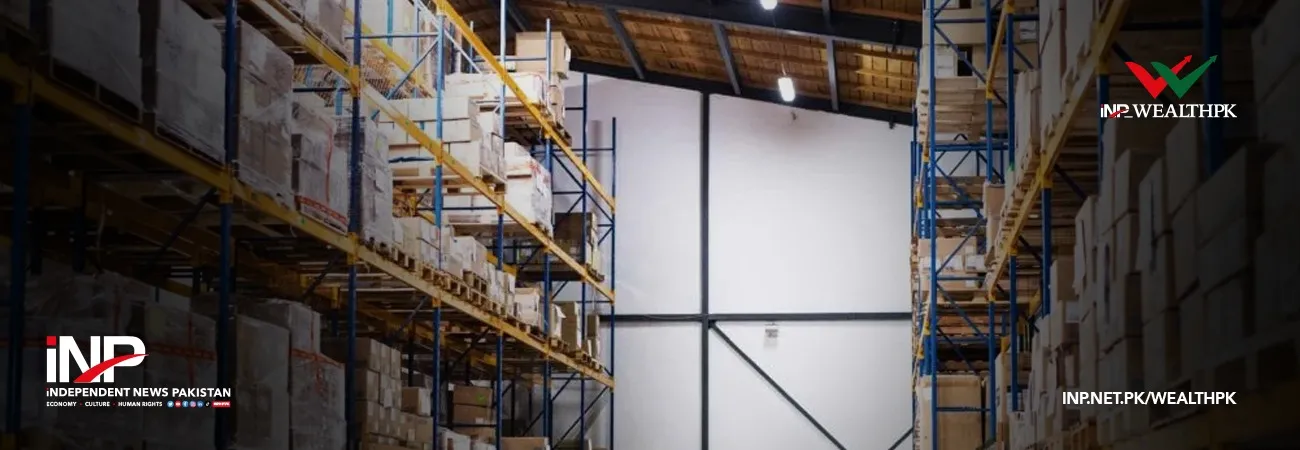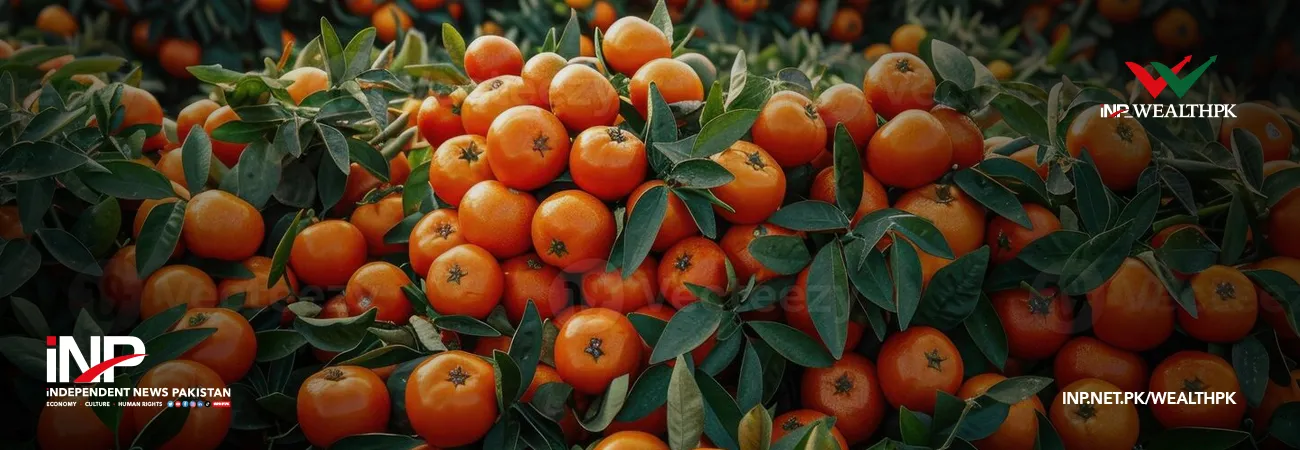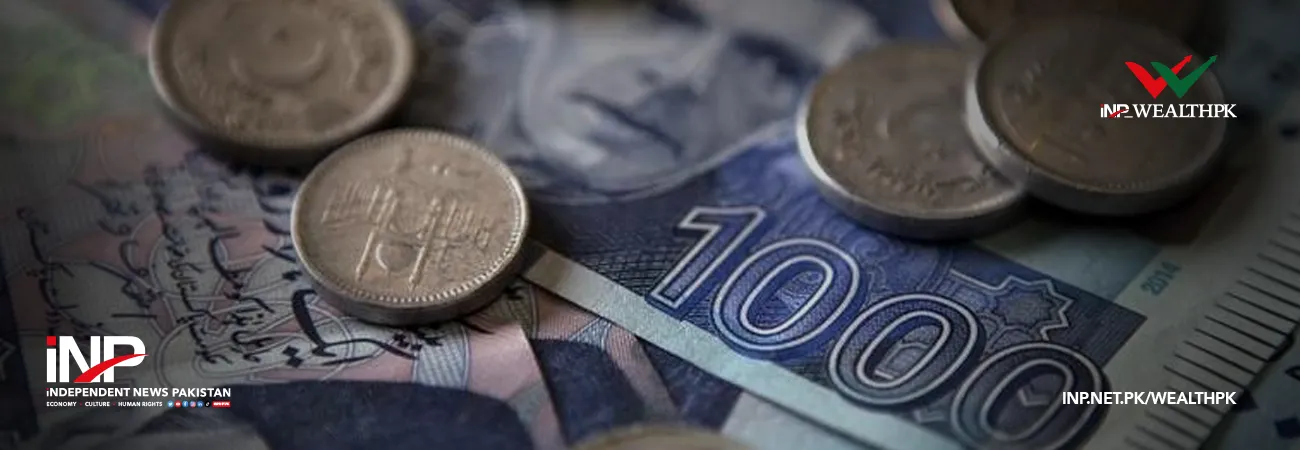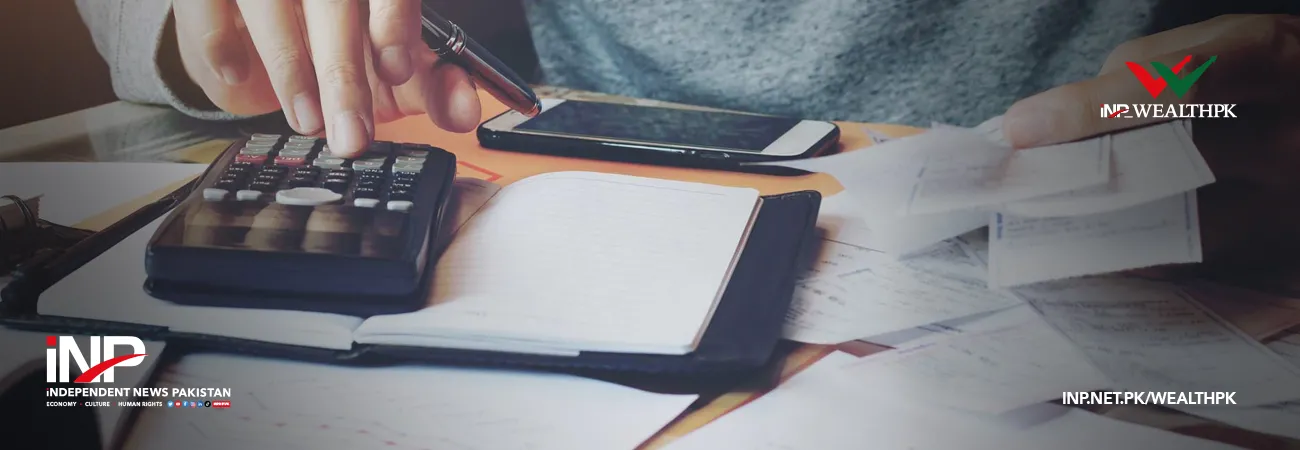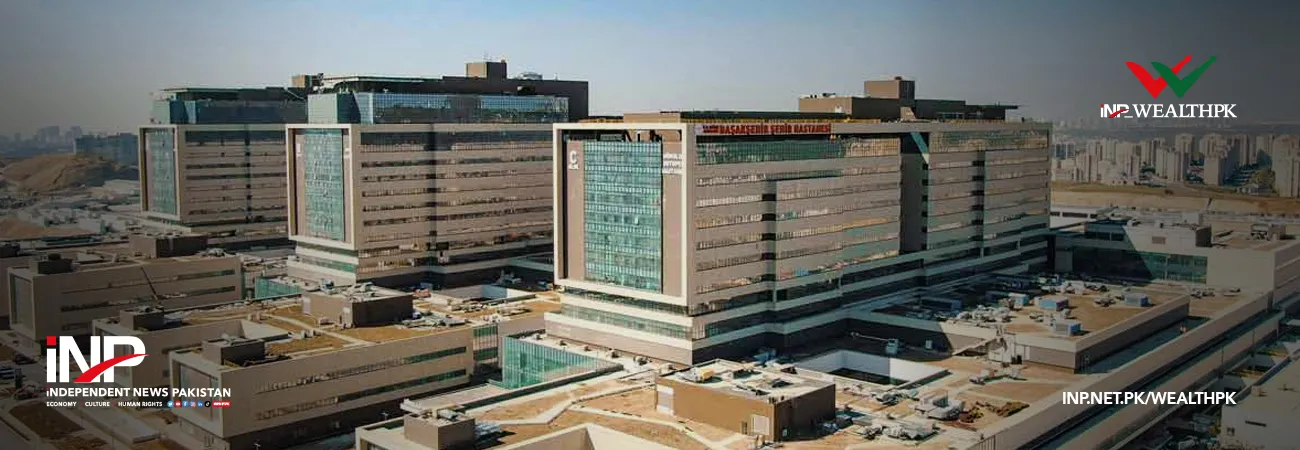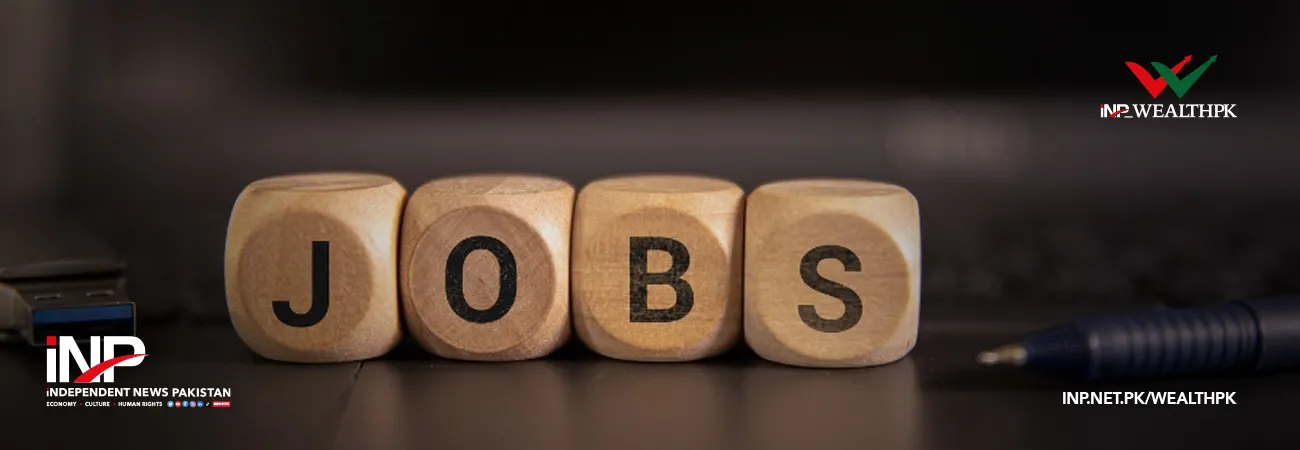INP-WealthPk
Muneeb ur Rehman
Persistent poverty in Pakistan is rooted in indirect taxation, warranting the government cutting its dependence on indirect taxes, which disproportionately impact the most vulnerable segments of the population. Muhammad Tahseen, Chairman of Pakistan Poverty Alleviation Fund (PPAF), said this while talking to WealthPK. Indirect taxes, such as goods and services tax (GST), gas and electricity tariffs, and other consumption taxes, take up a larger proportion of income from lower-income individuals compared to those with higher incomes.
As a result, the poor bear a disproportionately heavier burden of these taxes on their income. According to the Pakistan Economic Survey (PES), direct taxes contributed 37.2% of total FBR tax collection, while indirect tax contribution was 62.8% during FY2022. Within total FBR collection, sales tax remained the top revenue-generating source with a 41.2% share, customs duty 16.4%, and FED 5.2%, respectively.
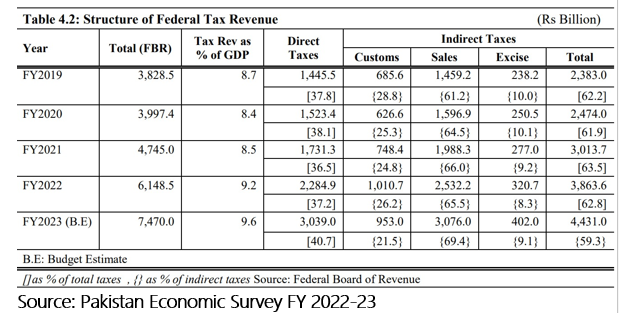
“A substantial portion of the population is engaged in the informal economy, where incomes are irregular and often insufficient. Indirect taxes, being consumption-based, affect these individuals more because their entire income is spent on basic necessities. As a result, they may not have the financial buffer to absorb the impact of increased prices, leading to heightened financial distress,” Tahseen explained. Highlighting the impact of indirect taxes on savings and income generation, he said, “Indirect taxes can limit the capacity of the poor to save and invest in income-generating opportunities. With a significant portion of their income going towards indirect taxes and basic expenses, they have less room to save and invest in education, skills development, or entrepreneurship”.
Tahseen suggested that the FBR should prioritize bringing untaxed sectors within the purview of taxation, rather than further burdening the poorer segments that are already subject to indirect taxation. Furthermore, the government needs to expand the tax base by bringing more people into the tax net and move towards the policy of progressive taxation on higher income groups, he said. In summary, Pakistan’s taxation structure favors the rich class and leaves the poor segment behind. Necessary reforms can ensure the economic safety of the poor class.
Credit: INP-WealthPk




